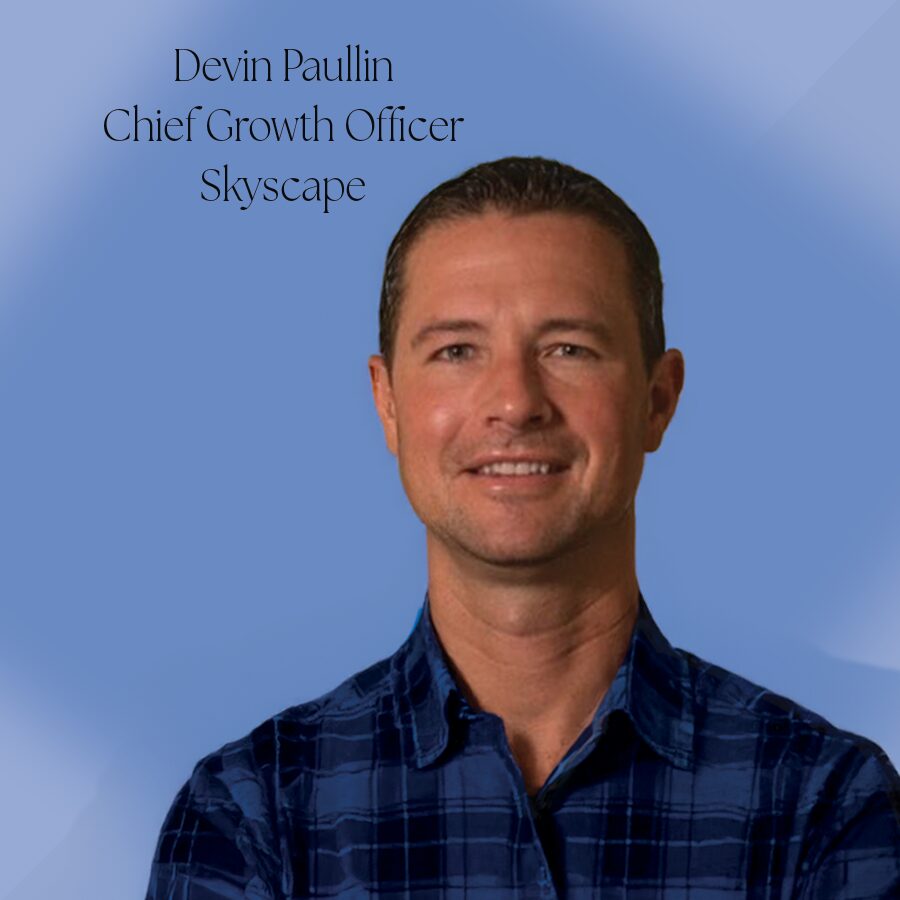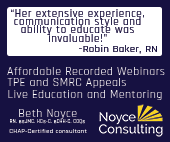by Devin Paulin, Skyscape
The Critical Importance of HIPAA Compliance in Home Healthcare Communication
The Rise of Messaging Apps and Healthcare Communication
Nearly 44% of the global population (3.5 billion people) rely on messaging apps to communicate. Unfortunately, available consumer SMS, text, and even “secure” messaging apps like WhatsApp, Apple Message, or Google Messages do not come with safety and security features specifically required to be compliant in the healthcare industry.
Still, consumer SMS apps are quite often used for healthcare communication in which Personal Health Information (PHI) is shared, and many individuals don’t understand the level of risk or that this is a violation of the law.
HIPAA Compliance in Communication Advantages
Group and Individual texting are a proven, timesaving, real-time communication tool in healthcare, and must be done through a HIPAA-compliant messaging platform. Secure platforms can improve privacy and security while maintaining compliance in such a sensitive industry.
There are many reasons why HIPAA compliance is vital for secure communication in home healthcare.
HIPAA Compliance in Communication - Not Just for Doctors and Nurses
HIPAA compliance is not just for medical clinics and hospitals. HIPAA compliance extends to all types of services that hold healthcare information. Physical Therapy, Personal Care, Home Health, Wellness, Behavioral Health, Assisted Living, and many more all fall under HIPAA. Most importantly, ALL providers, staff members (full or part-time), contractors, and third-party partners who come in contact with PHI are subject to HIPAA law, violations, and fines.

We're too Small for Violations to be Noticed, Though
Wrong. We regularly speak to many owners and staff members of large and small Home Health Care, Assisted Living, Hospice and Palliative, Mobile Imaging, PT and Rehabilitation, and Behavioral Health across the country. Many openly operate under the false assumption that their business is too small to be noticed by the U.S. Department of Health and Human Services (HHS) and the Office for Civil Rights (OCR), who is responsible for enforcing the HIPAA Privacy and Security Rules. That is not how it works.
Complaints logged by those within or close to your business alert the OCR to possible HIPAA violations. These can be from current and former staff, patients, clients, business partners, or anyone who claims to have witnessed a HIPAA breach. This can include disgruntled employees and whistleblowers. Even for companies that are HIPAA compliant, any breach is to be reported by an employee assigned as the security officer.
HIPAA Compliance in Home Healthcare by Type
HIPAA mandates compliance for all communications involving PHI. Some key examples include:
- Provider-to-Patient Communication
- Secure platforms are necessary when caregivers contact patients outside of in-person visits.
- Provider-to-Provider Communication
- Sharing PHI within or between departments must meet HIPAA standards.
- Provider-to-Insurance Communication
- Insurance companies require sensitive patient data, which must be securely transmitted.
- Provider-to-Third-Party Communication
- Any third-party associates handling PHI must have a signed Business Associate Agreement (BAA) and adhere to HIPAA regulations.
- Provider-to-Public Health Authorities
- Reporting communicable diseases or pandemics requires secure communication.
Consequence of HIPAA Violations
HIPAA violations can have severe consequences, including:
- Financial Penalties
- Fines range from $100 to $50,000 per violation, depending on the level of negligence.
- Reputational Damage
- Data breaches erode patient trust, leading to a damaged reputation.
- Legal Consequences
- In cases of willful neglect, organizations may face lawsuits or criminal charges.
Final Thoughts
Understanding and adhering to HIPAA regulations is crucial in home healthcare. Compliance not only safeguards sensitive information but also strengthens patient trust and ensures ethical operations.
# # #


Devin Paullin is an award-winning innovator and executive in Healthcare Technology, having developed successful products, solutions, and partnerships in Life Sciences, Post-Acute Care, SDOH, and Long-Term industries.
He is currently Chief Growth Officer for Skyscape which provides Buzz, an all-in-one, real-time HIPAA-compliant clinical collaboration and communication platform that enables the entire staff (admins, operations, clinicians, caregivers, partners, patients, and families) with the tools to communicate securely, easily, in groups or one to one, and affordable, by any mode they choose. Visit Buzz or contact them to learn more about Buzz by Skyscape today.
©2024 by The Rowan Report, Peoria, AZ. All rights reserved. This article originally appeared in Healthcare at Home: The Rowan Report. One copy may be printed for personal use: further reproduction by permission only. editor@therowanreport.com



